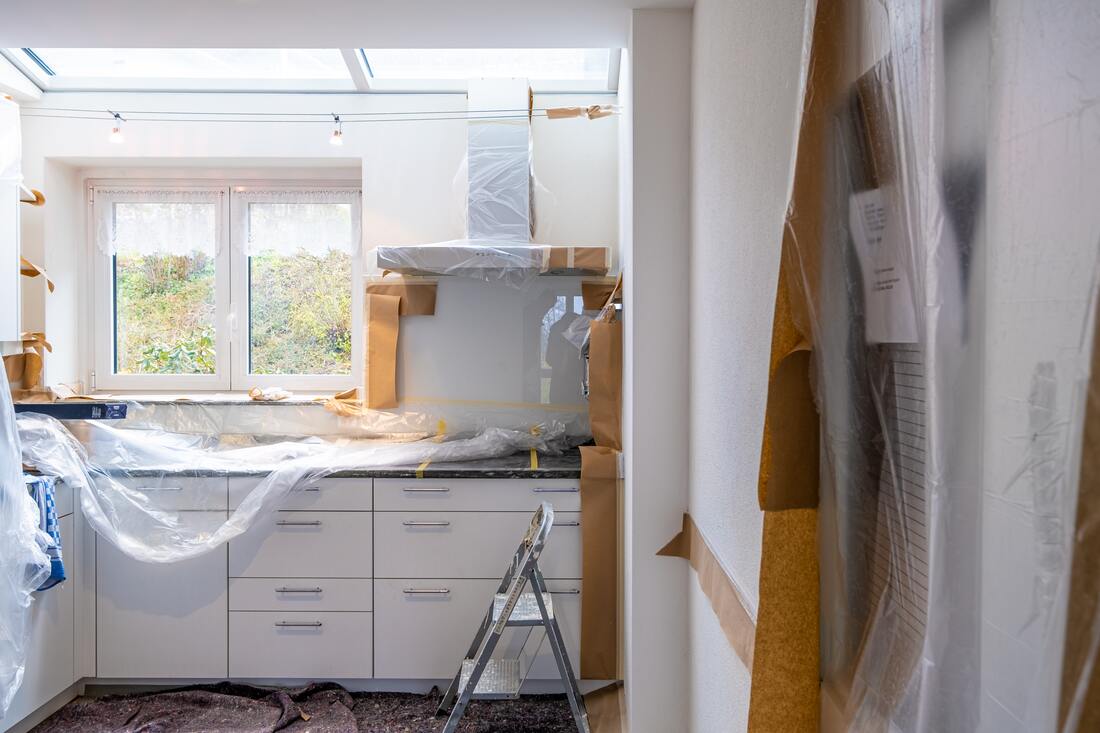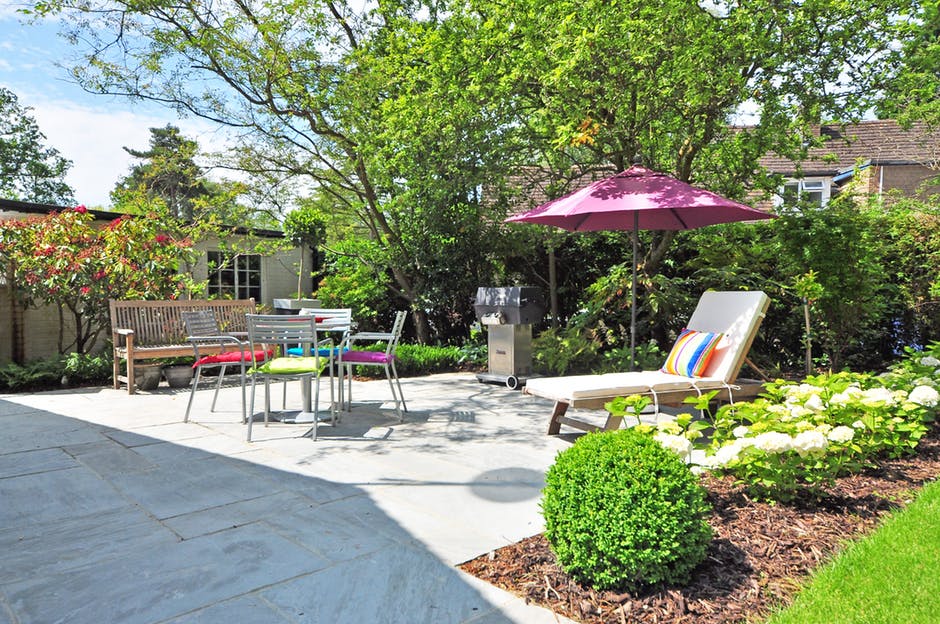by Elizabeth Long
If you answered "yes" to these questions, then it's time to do a bit of careful planning and budgeting to get the results you want without breaking the bank. The good news is that there are some techniques you can use to help you achieve this goal. Here, we share four of our top tips to keep things simple.
Usually, when you are ready to renovate your space, you want to tackle more than one project. However, if you have a limited budget, you must choose what you’ll do first.
When prioritizing your projects, consider the goals you have. For example, are you renovating your space to increase your home value? If so, complete projects that will help you make more on the sale than what you spend on it.
However, if you want to increase your enjoyment of the space, choose something you personally want to improve. For example, do you want more counter space in the kitchen or a larger closet? While these projects may not increase your home's value, they can increase your enjoyment of your home whilst you’re living in it – and if you’re not planning on moving soon, then that might be the most important thing.
Once you know what project you want to take on first, it's a good idea to pull out your calculator. You need to consider all the elements of the project to determine its cost, including the materials you need and the labor involved. When making decisions, make sure to consider how the work will last, and what impact it will have on your home – for example, eco-friendly renovations can help you cut down on bills, although they’re more expensive to start with.
Remember, there's no way to get a detailed understanding of a project until you have received itemized estimates. However, crunching the numbers yourself will give you an idea of what to expect, which can give you a number to save towards.
After working out a rough cost, it's time to get estimates from a few contractors in your area. Be sure to ask for itemized breakdowns of the costs so you can find the one who offers the most value for their services. This is a crucial step in the process if you want to budget properly for a home renovation.
Usually, home renovations should not be do-it-yourself projects because of all that's involved in them. However, there are some tasks that you can do yourself:
- Handle demolition on your own (be sure this is safe first)
- Try to find low-cost or discounted materials
- Hire subcontractors yourself
- Handle the painting and other small tasks
As you can see from the information here, more than a few considerations and costs go into any home renovation project. Keep the tips and information in mind, which will help you budget appropriately. If you take the time to plan, you can handle any home renovation without spending too much.
I love finding home renovation solutions that don’t break the bank, and am keen on making the most of second hand products to be as sustainable as possible. I write meaningful posts, designed to give readers take-home actions they can act on in their own projects.



















 RSS Feed
RSS Feed














